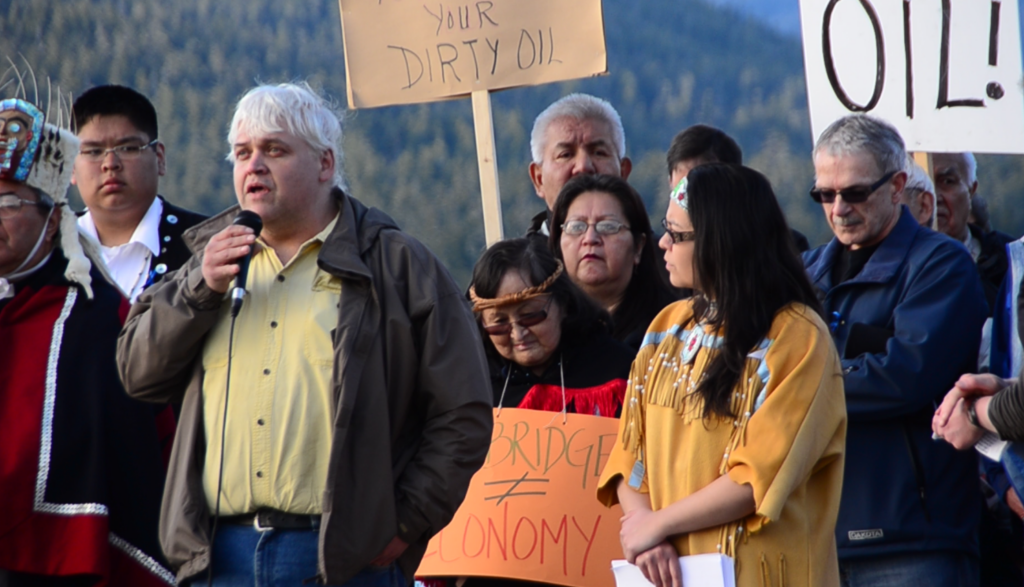Climate change has been high on the agenda this election. The UK had its first ever leaders’ debate on climate change (where an ice sculpture stood in for the prime minister, Boris Johnson), more voters than ever before say climate policy will influence their vote, and all parties have been competing over who can make the ‘greenest’ pledges.
But who actually comes out on top?
Perhaps unsurprisingly, the Green Party has the most environmentally progressive manifesto, according to analysis by Greenpeace, while the Brexit Party’s manifesto threatens the most damage to the natural world.
Greenpeace scored the six major parties out of 20, with the Greens scoring 19 (losing a point on the subject of nature), Labour 16, Liberal Democrats 15, Plaid Cymru 13, Conservatives 7 and Brexit Party 1 (they got half a point each for energy and nature).
The campaign group evaluated the manifestos of all major political parties and scored them according to their environmental credentials, including climate justice, energy, transport, nature, farming, and global leadership.
“Manifestos are a shop window into the next five years of economic, political and social change. The climate and nature crisis will affect all three in ways that humanity has never experienced before, and those policies deserve to be displayed with prominence and a lot of detail,” says Rebecca Newsom, head of politics at Greenpeace UK, in a statement.
Read more of DeSmog’s UK General Election 2019 coverage
“Some parties clearly recognise that this is an emergency and have included policies with the ambition needed to meet the scale of the challenge in front of us. But some have failed to adequately prepare.”
While charities are stymied by the Lobbying Act in what they can say ahead of the elections, some environmental groups have released limited statements on the party manifestos. Greenpeace says that its ranking system is designed to expose the policies contained within the manifestos and allow people to make an informed vote on 12 December.
Labour’s manifesto had a strong plan to revolutionise land-based travel, but was let down by a lack of ambition to tackle aviation emissions, according to Greenpeace. It also contained significant gaps on nature restoration, although an accompanying Plan For Nature set out plans to plant two billion new trees by 2040.
The Conservative manifesto also had some positive features, Greenpeace said, including leading global efforts to protect 30 percent of the world’s oceans by 2030. However, it failed on policies that would make some of the biggest contributions to tackling climate change, including support for polluting industries like aviation, oil and gas.
Friends of the Earth also released some analysis of the party manifestos. It highlighted that, despite pledges to reduce emissions to net-zero by various dates, no parties have ruled out carbon offsetting, which would allow the government to cancel out domestic emissions by paying for reductions abroad.
The organisation did point out that Labour and the Lib Dems have included commitments to stop funding fossil fuels abroad, which was absent from the Conservative manifesto.
Like what you’re reading? Support DeSmog’s work by becoming a patron today!
“It’s good to see a firm recommitment to the fracking moratorium [in the Conservative manifesto], but there’s nothing to stop the UK promoting and funding fossil fuels abroad. And there is no commitment to go faster than net zero emissions by 2050. Overall, despite some good policies it’s nothing like sufficient to stop the climate crisis,” said Dave Timms, head of political affairs at Friends of the Earth, in a statement.
Labour had set out a “massive and credible commitment” to transform the UK’s housing and energy systems “with the cash to deliver it,” added Timms, although he criticised the party’s approach to decarbonising transport.
“Investment in free bus travel and the railways are great, but there is no firm commitment to ban the sale of petrol and diesel vehicles by 2030, and no end to HS2, the road building programme or airport expansion. These need addressing if Labour’s policy pledges are going to meet its radical rhetoric on the urgency of the climate emergency,” said Timms.
Taking a slightly different approach to assessing the parties’ climate credentials, analysis by the Guardian found that both Labour and the Liberal Democrats refer to the climate 59 times, while the Scottish National party makes 33 references. The Conservative manifesto mentions climate change just 10 times.
But overall, climate change was mentioned far more times in the 2019 manifestos than in 2017, according to Simon Evans, deputy editor at Carbon Brief, which is tracking all the parties’ manifesto promises.
For the majority of parties, the question this election appears not to be whether to go green, but how green they are prepared to go.
Subscribe to our newsletter
Stay up to date with DeSmog news and alerts







